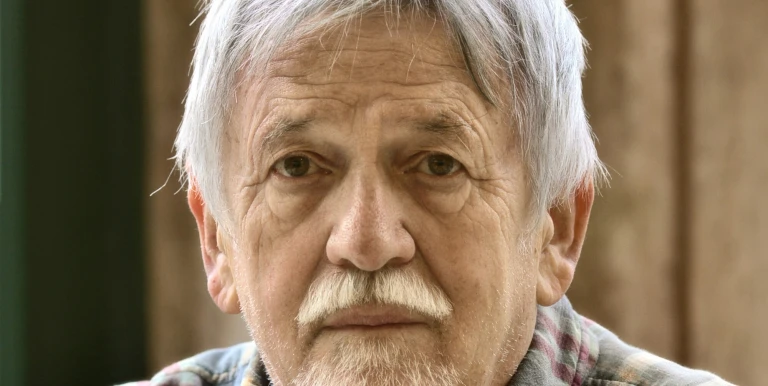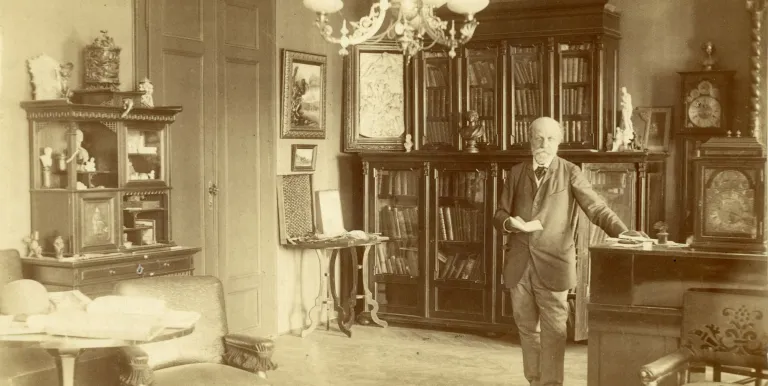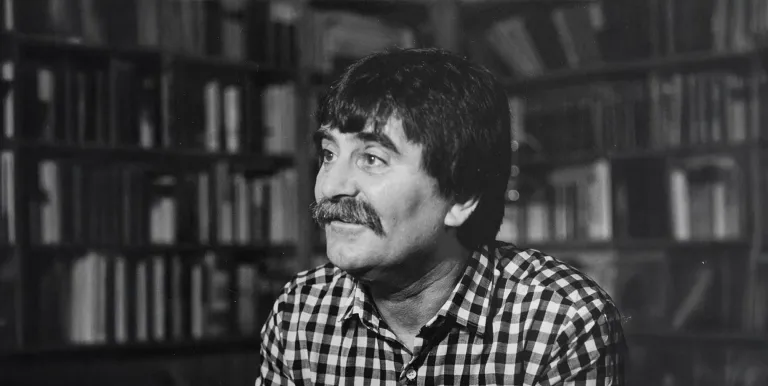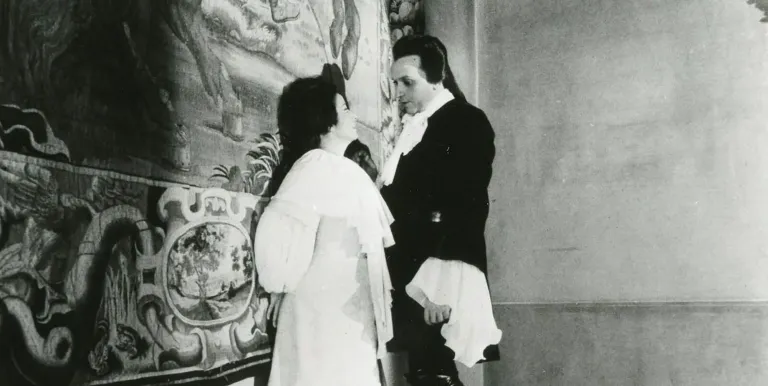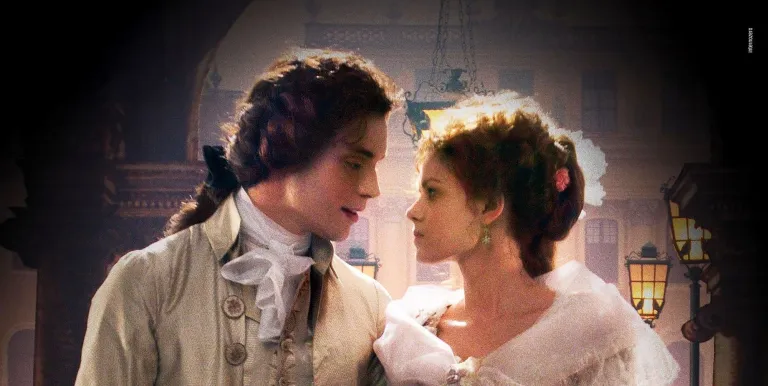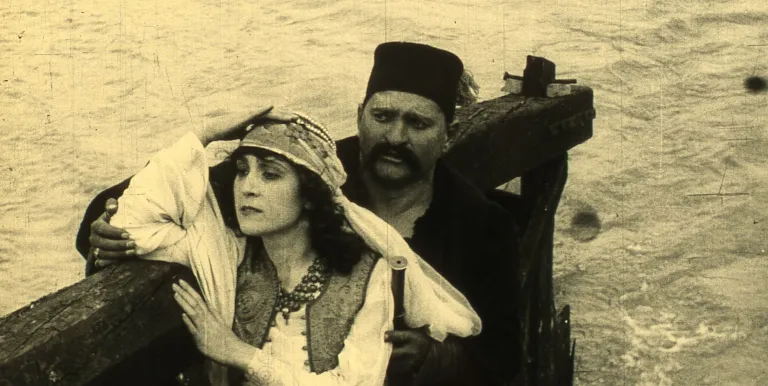Featuring:
Creator:
"Imre Oravecz is one of the greatest innovators of contemporary Hungarian lyric poetry, who was capable of several turns even within his own oeuvre, although behind the seemingly radical changes there was always the same maverick author, who followed his own rules", writes the Könyves Magazine in its birthday greeting. Imre Oravecz is a first-rate lyricist, but in the second half of his career, he made it clear that he also sits among the greatest as a prose writer.
In this poetic and literary universe, Szajla is the alpha and omega. The small village in Heves County was put on the map of Hungarian literary history by Imre Oravecz. The small village of just a few hundred souls in the Mátra is his birthplace and still his home, with which he created a myth in his oeuvre (Halászóember [Fisherman], 1988). In the book, remembrance is the protagonist: the poet, with socio-graphic precision, commemorates a bygone world, a village that is nowhere to be found in its former meaning and form. But this is not only about Szajla, the village, but also about a kind of poetic return home, as Oravecz left the country three times for a longer period, twice of which he planned to leave permanently, but returned every time. With his first book, Héj [Shell], published in 1972, he became part of a great lyrical revival (Egy földterület növénytakarójának változása [Changes in the Flora of a Tract of Land]; A hopik könyve [The Book of Hopis]) alongside Dezső Tandori, Ottó Orbán and György Petri, which reached its peak in his book 1972. szeptember [September 1972]. The book is the story of a relationship in 92 long sentences, perhaps the closest thing to prose verse. These writings are monologues of humiliation, vulnerability, cruelty and the pain of love, which have been assembled into a truly unique work of Hungarian literature. His essentially lyrical oeuvre turned towards epic poetry in the 2000s: Oravecz wrote a three-volume work, the great emigration novel of Hungarian literature (A rög gyermekei [Children of the Soil] 2007, 2012, 2018). The trilogy is an essential chapter of Hungarian prose.
We are able to meet one of the greatest figures of contemporary Hungarian literature, recalling the most important stages of his life's work, with the help of renowned pianist József Balog and first-rate actors such as Piroska Molnár, Ernő Fekete and Attila Epres, and a screening of works by painter Ágota Veres. Our representative festive evening offers an unmissable, lasting experience for connoisseurs of contemporary Hungarian literature.
Presented by: Müpa Budapest
-
We wish to inform you that in the event that Müpa Budapest's underground garage and outdoor car park are operating at full capacity, it is advisable to plan for increased waiting times when you arrive. In order to avoid this, we recommend that you depart for our events in time, so that you you can find the ideal parking spot quickly and smoothly and arrive for our performance in comfort. The Müpa Budapest underground garage gates will be operated by an automatic number plate recognition system. Parking is free of charge for visitors with tickets to any of our paid performances on that given day. The detailed parking policy of Müpa Budapest is available here.

